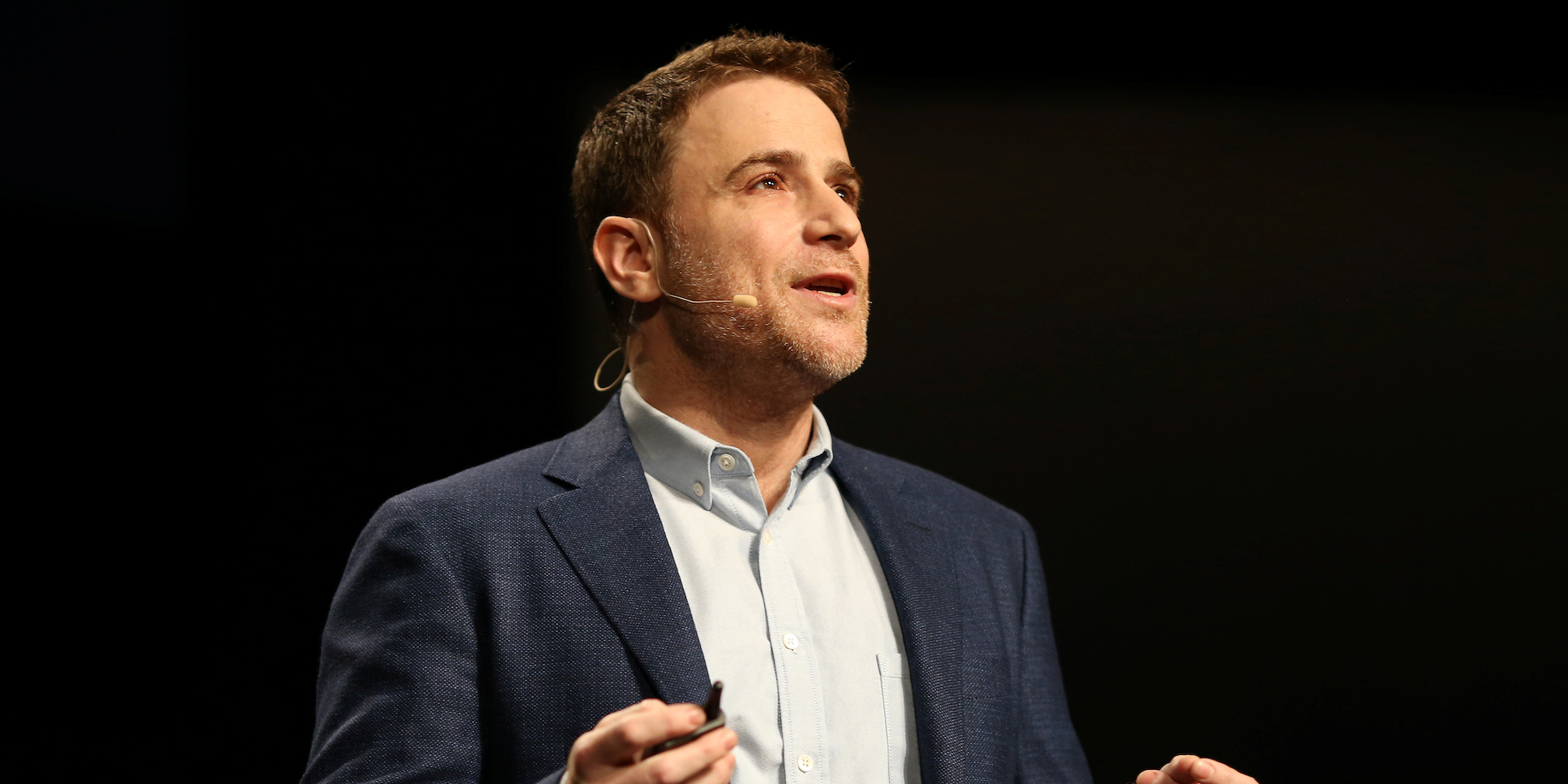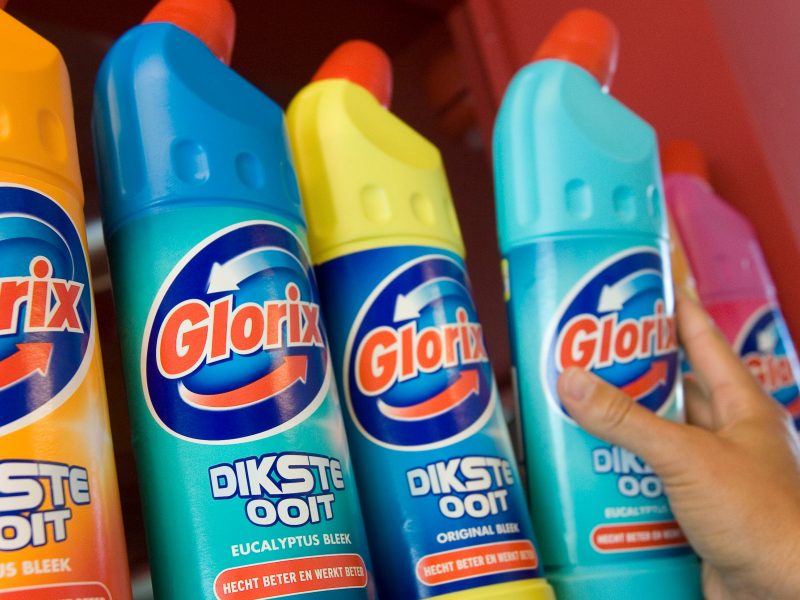- Slack, the buzzy workplace chat platform last valued at over $7 billion, filed the paperwork on Friday to publicly list its shares.
- The company has tapped into an interesting new trend for tech firms going public, doing a “direct listing” which avoids the usual Wall Street IPO process.
- The startup plans to directly list its shares on the New York Stock Exchange with the ticker symbol SK.
- Slack reported a net loss of $146 million on $105.2 million in revenue for its fiscal 2017; then a net loss of $140 million on $220.5 million in revenue for 2018; and a $138.9 million loss on $400.6 million in revenue for fiscal 2019.
- It’s one of the most hotly anticipated offerings in a year of blockbuster tech IPOs that include Uber, Lyft, Pinterest, and Zoom.
- Visit Business Insider’s homepage for more stories.
Slack, the workplace chat platform that’s taken offices by storm, filed the paperwork to go public on Friday, kicking off the final countdown to its listing and shedding light on the financial happenings at one of Silicon Valley’s most valuable startups.
Slack was last valued around $17 billion on secondary market trades, according to CNBC. It was officially valued at $7.1 billion after its latest financing round last August.
In its S-1 filing, Slack said it plans to list on the New York Stock Exchange under the ticker symbol “SK” through a direct listing – a unique alternative to the IPO in which private shareholders such as investors and employees sell their holdings directly to the public.
The company said $100 million worth of shares will be sold, although that’s most likely a placeholder number.
Unlike a standard IPO, Slack won't raise a bunch of new cash from investors rushing to buy its stock, and it won't set a share price.
It's the second big tech company to go public in this way recently after Spotify did a direct listing in April.
Slack is trimming its losses but says it may never be profitable
The firm also lifted the lid on its financial performance over the last three years.
During the year ended January 31, 2017, Slack lost $146 million on $105.2 million in revenue.
A year later it lost $140 million on $220.5 million in revenue.
And in the year to January 31, 2019, it lost $138.9 million on $400.6 million in revenue.
The firm wrote: "We expect to continue to incur net losses for the foreseeable future and we may not achieve or maintain profitability in the future.
"Because the market for Slack, and the features, integrations, and capabilities we offer on Slack, is rapidly evolving and has not yet reached widespread adoption, it is difficult for us to predict our future results of operations or the limits of our market opportunity."
The company expects a significant increase in operating expenses thanks to hiring and development.
Slack said it has more than 10 million daily active users globally, with more than half of those outside the US. More than 600,000 organizations are using its messaging platform.
Slack has always billed itself as an email killer and, listing the risks to its business, said that email was a competitor.
In terms of other companies, the firm listed Microsoft as its primary competitor and also described Google, Facebook, and Cisco as business software rivals. It also said existing partners such as Atlassian, Okta, Oracle, ServiceNow, SAP, Workday, Zoom, and Salesforce as potential direct or indirect rivals to Slack.
It's a banner year for tech IPOs
Slack is the latest in the parade of unicorn tech companies, named such for their $1 billion-plus valuations, to go public this year.
Uber filed an amended S-1 early Friday with a price range of $44 to $50 per share. The company is expected to start trading in mid-May.
Ride-hailing company Lyft went public at the end of March in an IPO that valued the company at $21 billion. It was followed by the IT management company PagerDuty, which was valued at $1.76 billion. Last week brought two IPOs: video conferencing company Zoom, with a $9 billion valuation, as well online scrapbooking platform Pinterest, which was valued at $10 billion.










